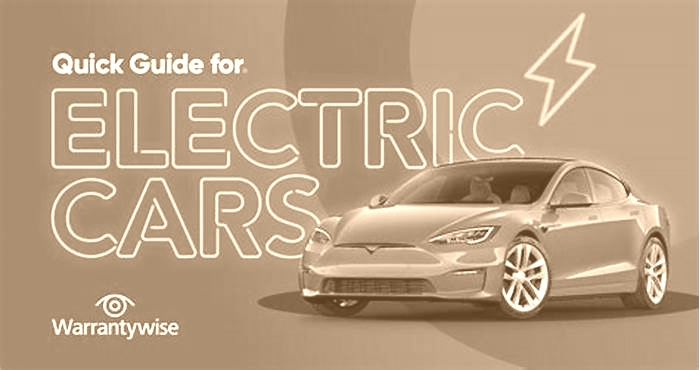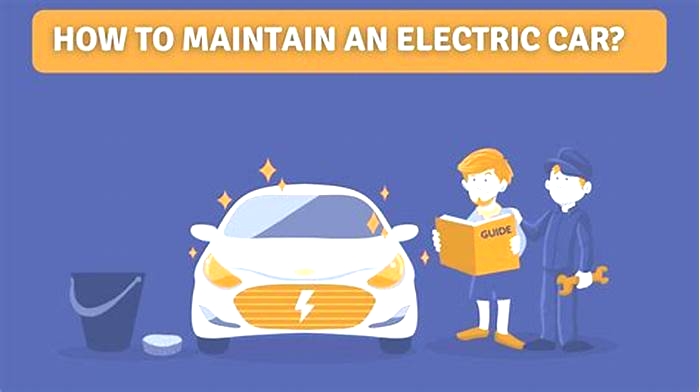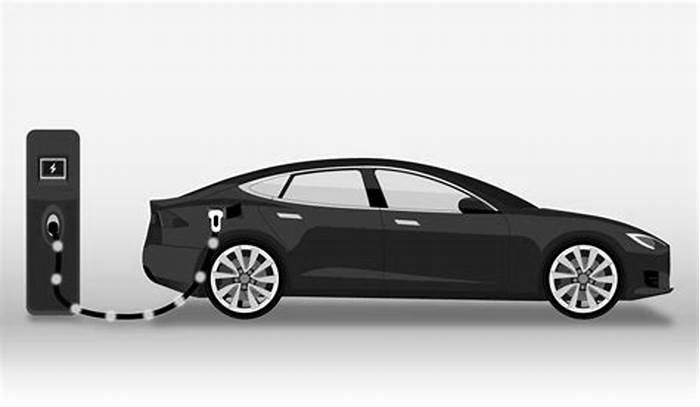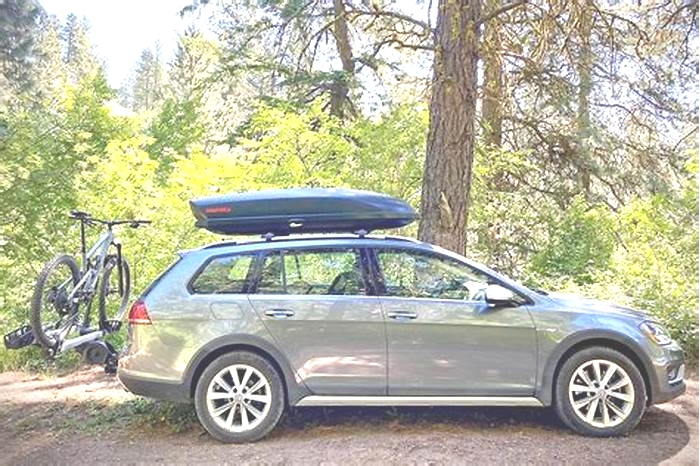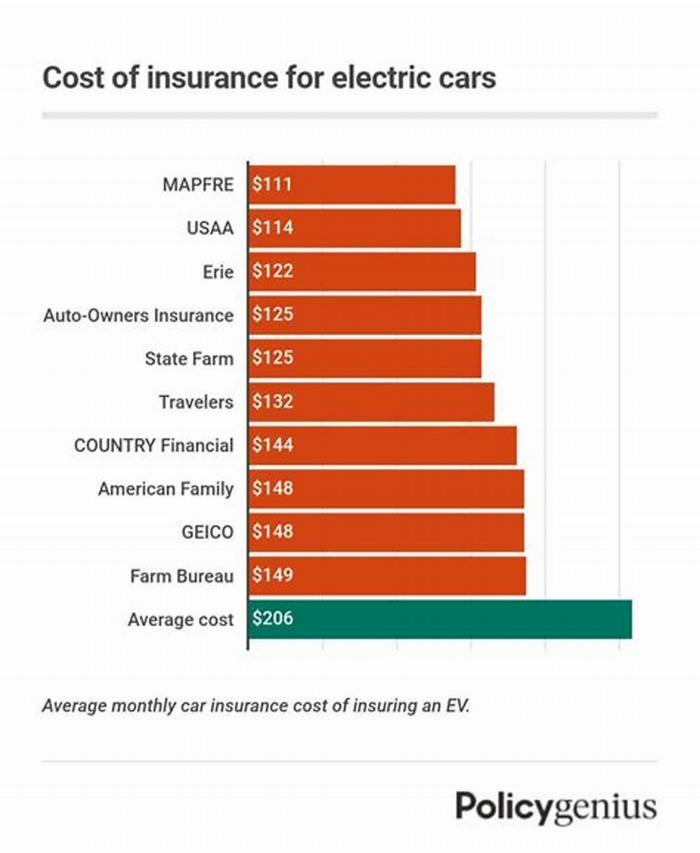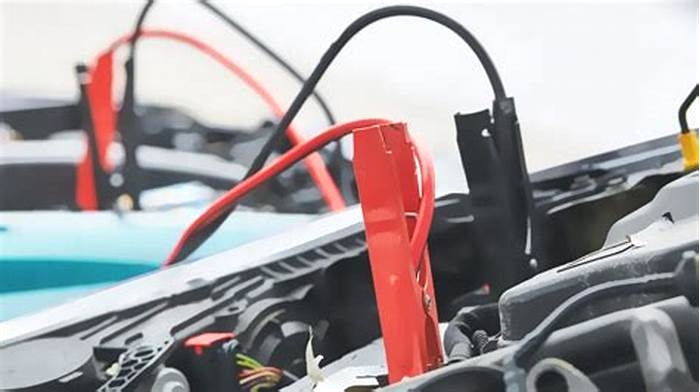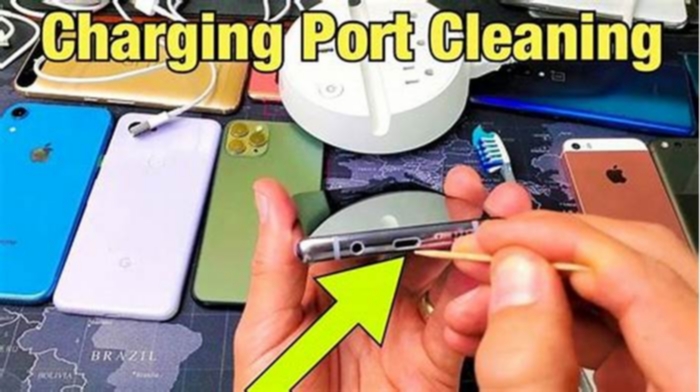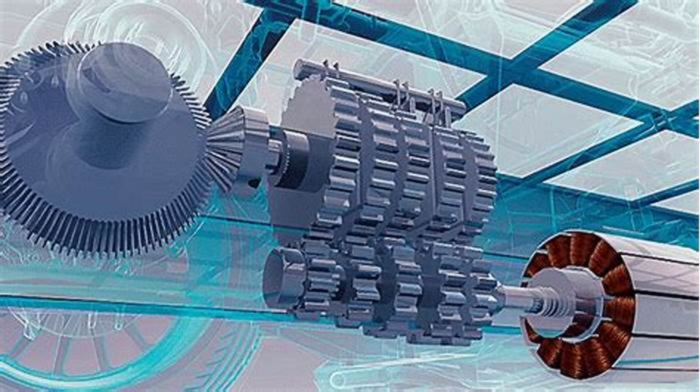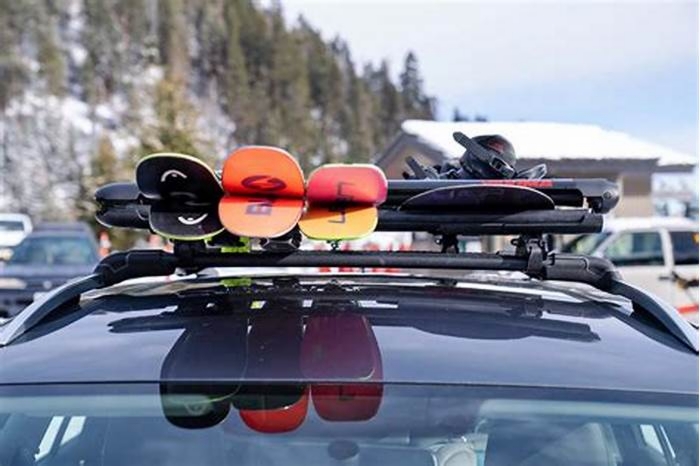The Ultimate Guide to Electric Vehicle Warranty Coverage
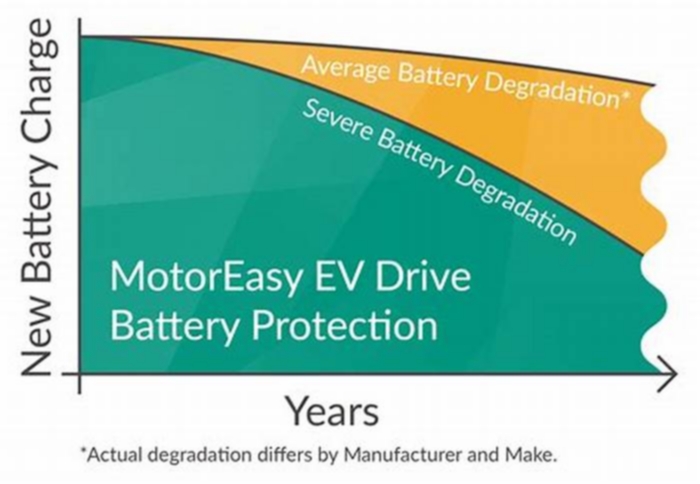
Evaluating Electric Vehicle Warranties
They afford peace of mind knowing youre covered if something goes wrong, but pay attention to the fine print.
One of the benefits of buying a brand new electric vehicle is getting a warranty from the manufacturer that covers the cost of any necessary repairs because of component failure for a set period. Warranty coverage is typically expressed as extending for a set number of years or miles from the original purchase date (for example, 3 years/36,000 miles), whichever comes first.
Warranty terms can vary significantly from one brand to another. Longer coverage is always better, especially if youre in the market for a recent vintage used electric vehicle like those listed here on MYEV.com. Thats because all or part of the remaining time/miles on a vehicles warranty coverage usually extends to a second owner, albeit with certain restrictions.
What's Covered
Like other vehicle types, an EVs warranty coverage is broken down into two major components, comprehensive and powertrain coverage. Comprehensive (full) coverage applies to parts and labor costs for covered repairs. Powertrain coverage is usually in effect for a longer period and applies specifically to major mechanical components like the electric motor and transmission. Not typically covered is scheduled maintenance service, wear-and-tear items like brake linings and windshield wiper blades, and failure caused by abuse or improper maintenance.
Importantly, federal regulations mandate that an EVs battery pack, arguably its most costly component, be covered for at least eight years or 100,000 miles. For its part, Hyundai extends this to lifetime coverage on the new-for-2019 Kona Electric.
Automakers warranties also include specific coverage against corrosion. However, this applies to body panels that have been completely rusted through, and not to mere paint bubbling. In addition, many manufacturers include roadside assistance programs with value-added features that rival the benefits of auto-club memberships.
The Fine Print
Be aware, however, that every new-vehicle warranty contains exceptions and exclusions. For example, some automakers only cover an EVs battery pack against total failure, while others, including BMW, Chevrolet, Nissan, Tesla (Model 3) and Volkswagen will replace it if it reaches a specified reduced capacity percentage, usually 60-70%, while under warranty.
Some brands will transfer whatever remains of the original warranty to a second owner, while others may impose limitations on this. For example, the 10-year powertrain warranty on Hyundai, and Kia models applies only to the original buyer, with a subsequent owner receiving whatever remains of five years coverage from the date on which it was originally sold.
Also, select components, most notably tires and dealer-installed accessories, can have separate warranties backed by the original-equipment manufacturers, and come with their own exclusions.
Be sure to check the fine print at the dealership or via the manufacturers website (usually under an owners tab) to get the full story on any model youre considering.
Comparing Coverage
Heres an overview of the warranty coverage included with 2019 model-year electric vehicles:
Model | Basic Coverage | Powertrain Coverage | Corrosion Coverage | Roadside Assistance | Battery Coverage |
BMW i3 | 4/50,000 | 4/50,000 | 12/Unlimited | 4/Unlimited | 8/100.000 |
Chevrolet Bolt EV | 3/36,000 | 5/60,000 | 6/100,000 | 5/60,000 | 8/100,000 |
Fiat 500e | 4/50,000 | 4/50,000 | 5/Unlimited | 4/Unlimited | 8/100,000 |
Honda Clarity Electric | 3/36,000 | 5/60,000 | 5/Unlimited | 3/36,000 | 8/100,000 |
Hyundai Kona Electric | 5/60,000 | 10/100,000 | 7/Unlimited | 5/Unlimited | Unlimited |
Jaguar i-Pace | 5/60,000 | 5/60,000 | 6/Unlimited | 5/60,000 | 8/100,000 |
Kia Niro EV | 5/60,000 | 10/100,000 | 5/100,000 | 5/60,000 | 10/100,000 |
Kia Soul EV | 5/60,000 | 10/100,000 | 5/100,000 | 5/60,000 | 10/100,000 |
Nissan Leaf | 3/36,000 | 5/60,000 | 5/Unlimited | 3/36,000 | 8/100,000 |
Smart ForTwo Electric Drive | 4/50,000 | 4/50,000 | 4/50,000 | 4/50,000 | 8/100,000 |
Tesla Model 3 | 4/50,000 | 8/100,000 (long range 8/120,000) | -- | 4/50,000 | 8/100,000 (long range 8/120,000) |
Tesla Model S | 4/50,000 | 8/Unlimited | -- | 4/50,000 | 8/Unlimited |
Tesla Model X | 4/50,000 | 8/Unlimited | -- | 4/50,000 | 8/Unlimited |
Volkswagen eGolf | 3/36,000 | 5/60,000 | 7/100,000 | 3/36,000 | 8/100,000 |
Hyundai Warranty Coverage: All You Need To Know About
Hyundai offers a strong warranty coverage, reflecting its confidence in vehicle reliability and customer satisfaction. The New Vehicle Limited Warranty covers 5 years or 60,000 miles, encompassing defects in materials and workmanship across various components.
This includes a 10-year or 100,000 miles Powertrain Warranty and a 7-year Anti-Perforation Warranty, showcasing Hyundais dedication to long-term vehicle quality. Exclusions encompass routine maintenance and wear items, aligning with industry norms.
Notably, battery coverage for hybrid and electric vehicles addresses potential degradation concerns. The warrantys ability to transfer to new owners enhances its value. Hyundais warranty durations exceed those of many competitors, highlighting its commitment to customer care.
Further exploration reveals specifics on coverage, transferability, and exclusivity, offering deeper insight into Hyundais warranty intricacies.
What Does the Hyundai Warranty Cover?
Hyundais warranty covers a range of components and systems under its New Vehicle Limited Warranty for 5 years or 60,000 miles, including defects in materials and workmanship.
Hyundais warranty specifically covers various vehicle parts such as exterior, interior, electronic, and chassis components. However, paint and battery coverage are limited to 3 years or 36,000 miles, and some service adjustments along with parts and accessories are only covered for the first year or 12,000 miles.
Routine maintenance services like oil changes and filter replacements are not included in the warranty. This warranty structure highlights Hyundais aim for vehicle reliability and durability while setting clear limits on manufacturer responsibility.
How Long Does the Hyundai Warranty Last?
Hyundais warranty durations are as follows:
The New Vehicle Limited Warranty covers 5 years or 60,000 miles.
The Powertrain Warranty extends to 10 years or 100,000 miles, applicable to both traditional and electric/hybrid vehicles.
The Anti-Perforation Warranty offers protection for 7 years, irrespective of mileage.
These warranties provide substantial protection across various vehicle components, reflecting Hyundais commitment to reliability and customer satisfaction.
What Isnt Covered Under the Hyundai Warranty?
While Hyundais warranty offers comprehensive coverage, there are specific items and scenarios that fall outside its protective umbrella. Hyundais extensive warranty offers peace of mind, yet its crucial for owners to understand exclusions to avoid unforeseen costs. Here are some of the notable exceptions:
- Routine Maintenance Services: This includes oil changes, filter replacements, and certain bulbs and fuses, which are necessary for vehicle upkeep but not covered under the warranty.
- Wear Items: Components like spark plugs, clutch linings, brake pads, and wiper blades that wear out over time due to normal use are not included in the coverage.
- Damage from Environmental Factors or Accidents: Any damage resulting from acts of nature, collisions, or improper maintenance falls outside the warrantys scope.
Hyundai warranty provides substantial coverage, yet its vital to understand its limits to avoid unforeseen expenses.
Can the Hyundai Warranty Be Transferred to a New Owner?
The Hyundai Powertrain Limited Warranty is not transferable, but other warranty components are.
Hyundais warranty, excluding the Powertrain Limited Warranty, can be transferred to subsequent owners. This includes the New Vehicle Limited Warranty, which covers various defects.
However, the Powertrain Limited Warranty is exclusive to the original owner, meaning subsequent owners, such as those of a Hyundai Elantra, will not have this coverage.
Other aspects of Hyundais warranty do transfer, providing continued benefits despite the powertrain coverage limitation.
How Does Hyundais Warranty Compare to Competitors?
Hyundais warranty coverage intricacies highlight its position in the automotive warranty arena, offering a revealing contrast with its competitors.
Hyundais warranty, notably its -year warranty, is often considered one of the most generous in the industry, especially when contrasted with competitors. This reputation is built on the extensive nature of its coverage, which spans various aspects of vehicle protection.
| Warranty Feature | Hyundai | Competitor A | Competitor B |
|---|---|---|---|
| Basic Coverage | 5 years/60,000 miles | 3 years/36,000 miles | 4 years/50,000 miles |
| Powertrain | 10 years/100,000 miles | 5 years/60,000 miles | 6 years/70,000 miles |
| Roadside Assistance | 5 years/unlimited miles | 3 years/36,000 miles | 4 years/unlimited miles |
The table above highlights the core components of Hyundais warranty coverage in comparison to two unnamed industry competitors. Its evident that Hyundai offers a longer duration in both basic and powertrain warranties, alongside more generous roadside assistance, underscoring its commitment to customer satisfaction and vehicle reliability.
This comparison not only showcases Hyundais confidence in its vehicles but also positions it as a leader in warranty offerings, setting a high standard for others in the industry to follow.
What Do You Need to Do to Keep Your Hyundai Warranty Valid?
To maintain the validity of your Hyundai warranty, it is vital to adhere to the vehicles maintenance schedule as outlined in the owners manual. Keeping up with these requirements is key for guaranteeing that your vehicle remains covered under the warranty terms. This involves a combination of regular inspections, timely repairs, and adherence to Hyundais guidelines for vehicle care.
To safeguard your Hyundai warranty stays valid, consider the following actions:
- Perform Regular Maintenance: Follow the maintenance schedule provided in your Hyundais owners manual. This includes oil changes, brake inspections, and other routine services.
- Use Authorized Service Centers: For repairs and maintenance, utilize Hyundai authorized service centers or dealerships. They use Hyundai-approved parts and procedures, ensuring compliance with warranty requirements.
- Keep Detailed Records: Maintain a detailed record of all services and repairs, including dates and descriptions. This documentation can be critical for warranty coverage check.
For assistance or to verify specific coverage details, the Hyundai warranty coverage phone number is a valuable resource. Representatives can guide you through the process of maintaining your warrantys validity, ensuring your vehicle receives the protection it deserves.
How to Make a Claim Under the Hyundai Warranty?
Step 1: Conduct a Hyundai Warranty Check
Start by verifying the details of your Hyundai warranty to ensure that the issue youre facing is covered. This involves reviewing your warranty documentation or contacting Hyundai directly for clarification. Understanding the extent of your coverage is crucial to ensure your claim is valid.
Step 2: Contact an Authorized Hyundai Dealership or Service Center
As soon as you encounter a problem with your vehicle, reach out to an authorized Hyundai dealership or service center. They have the necessary expertise to assess the issue and confirm whether it falls under your warranty coverage.
Step 3: Gather Required Documentation
Before your visit to the dealership or service center, compile all essential documents. This includes your vehicles purchase documents, warranty information, and any relevant service records. These documents are critical in supporting your claim, showcasing your vehicles maintenance history, and proving ownership.
Step 4: Visit the Authorized Service Center
Take your vehicle along with the gathered documents to the authorized service center. The service team there will inspect your vehicle to ascertain the problem and determine if it is covered under the warranty.
Step 5: Follow the Service Teams Instructions
Once the service team confirms that the issue is covered under warranty, they will advise you on the next steps. This may involve scheduling a repair or replacement of the defective component. Its important to adhere to their guidance promptly to ensure the issue is resolved efficiently.
Step 6: Keep Records of All Communications and Repairs
Throughout the process, maintain a record of all interactions with the service center, including dates of communication, what was discussed, and any decisions made. Additionally, keep copies of all repair or replacement work performed on your vehicle. This documentation will be invaluable for your records and may be necessary for future warranty claims or services.
Does the Hyundai warranty cover battery replacement for hybrid and electric vehicles?
Yes, Hyundais warranty covers battery replacement for hybrid and electric vehicles if the battery degrades below 70 percent of its original capacity during the warranty period.
This coverage is a part of Hyundais commitment to the reliability and longevity of their hybrid and electric vehicles, reflecting the companys confidence in their battery technology.
Owners are protected against significant battery degradation, which is crucial due to the high costs and complexity of replacing batteries in these vehicles.
What are the limitations and exclusions of the Hyundai warranty?
Hyundai warranty exclusions include routine maintenance like oil changes and filter replacements, wear items such as spark plugs and clutch linings, and certain bulbs and fuses. The warranty may also be non-transferable for some components.
Hyundais warranty does not cover routine maintenance, including oil changes, filter replacements, and some bulbs and fuses. Wear items like spark plugs and clutch linings, which degrade over time, are also excluded.
The warrantys transferability is limited for certain parts, making an online Hyundai warranty check important for understanding specific coverage details. This knowledge helps Hyundai vehicle owners manage expectations regarding what expenses will not be covered by the warranty.
How can I check if my vehicle is still under Hyundai warranty?
To check if your vehicle is still under Hyundai warranty, use the Hyundai warranty check by VIN on Hyundais official website or contact a Hyundai dealership.
You can confirm your vehicles warranty status by using the Hyundai warranty check by VIN. This method provides accurate information related to your vehicles warranty coverage, including expiration dates and covered components.
To perform this check, visit Hyundais official website or get in touch with a Hyundai dealership and provide your VIN. This is particularly useful for used vehicle buyers to understand the warranty that comes with their purchase.
Does the Hyundai warranty cover roadside assistance?
Yes, the Hyundai warranty includes roadside assistance.
The Hyundai warranty offers 24/7 roadside assistance in all 50 states and Canada for 60 months. This service covers issues like starting problems, flat tire changes, emergency fuel delivery, and lockout assistance.
This coverage ensures Hyundai owners have support in emergencies, reflecting Hyundais commitment to customer satisfaction and vehicle reliability.
The roadside assistance is part of Hyundais effort to enhance the ownership experience and underscore the brands focus on reliability and customer care.
Are there any maintenance requirements to keep the Hyundai warranty valid?
Yes, Hyundais warranty requires adherence to a maintenance schedule.
Vehicle owners must follow Hyundais maintenance schedule, which includes regular oil changes, filter replacements, and inspections of critical components, to keep the warranty valid. This ensures the vehicle remains in optimal condition and potential issues are addressed.
For the warranty to be transferable to a subsequent owner, maintaining the scheduled maintenance is crucial, especially for the 10-year Powertrain Limited Warranty. This adherence not only maintains the vehicles reliability and safety but also preserves warranty coverage for future owners.
Does the Hyundai warranty offer coverage for rust or corrosion?
Yes, Hyundai offers coverage for rust and corrosion.
Hyundai provides an anti-perforation warranty to protect vehicles from rust-through, which occurs when rust eats through the metal. This coverage lasts for 7 years, with no mileage limit, underscoring Hyundais commitment to vehicle durability and customer satisfaction.
It specifically covers rust holes resulting from material or workmanship defects under normal use.
Can I extend the Hyundai warranty beyond its original term?
Yes, Hyundai offers options to extend the warranty beyond its original term.
Hyundai provides the opportunity to extend the warranty coverage through authorized dealerships. This extension covers major components similar to the original New Vehicle Limited Warranty, including parts related to the exterior, interior, electronics, and chassis.
The details, including the scope of coverage, duration, mileage limits, and costs, can be obtained from a Hyundai dealership.
This extension aims at enhancing customer satisfaction and vehicle reliability by offering customized coverage options.
Will modifications or aftermarket parts void the Hyundai warranty?
Yes, installing modifications or aftermarket parts can potentially void your Hyundai warranty if they cause damage.
Under the Magnuson-Moss Warranty Act, Hyundai cannot void your warranty simply because youve used aftermarket parts. However, if an aftermarket part causes damage or a malfunction, the warranty may not cover that specific issue. Its crucial to note that the warranty will still cover unrelated problems.
Hyundais warranty, including the 10-yr/100,000-mile powertrain limited warranty, remains one of the industrys most comprehensive. Vehicle owners should be aware that modifications affecting performance or safety could have a significant impact on warranty claims. For precise details, consult Hyundais warranty terms or speak to a certified dealer.
What documentation is needed to utilize the Hyundai warranty services?
To utilize Hyundai warranty services, you need the vehicles service history, original purchase documents, and the warranty booklet.
When seeking Hyundai warranty services, ensure you have the vehicles service history, which includes records of maintenance showing compliance with Hyundais recommended service schedules.
You also need the original purchase documents, like the sales contract or bill of sale, and the warranty booklet outlining coverage terms.
For specific components under question, have receipts or documents for any parts replaced or services conducted on those components.
Is tire wear and tear covered under the Hyundai warranty?
No, Hyundais warranty does not cover tire wear and tear. Tires deteriorate due to driving conditions, habits, and weather, which is considered normal usage. Hyundais warranty focuses on vehicle component defects like the engine and transmission.
However, the tires that come with Hyundai vehicles might have their own manufacturer warranties against defects. Owners should check these warranties for coverage and keep up with tire maintenance for better performance and longer tire life.
Wrapping Up
To sum up, Hyundais warranty coverage is extensive, offering thorough protection across a variety of vehicle components and situations. This coverage includes the New Vehicle Limited Warranty, Powertrain Limited Warranty, Hybrid and Electric Vehicle Warranty, Anti-Perforation Warranty, and Roadside Assistance, showcasing Hyundais dedication to quality, innovation, and customer satisfaction.
While there are exclusions and conditions, such as wear and tear items and modifications, the warrantys transferability and potential for extension enhance its value. In comparison, Hyundais warranty stands as a competitive advantage in the automotive market, highlighting the brands commitment to reliability and consumer confidence.

